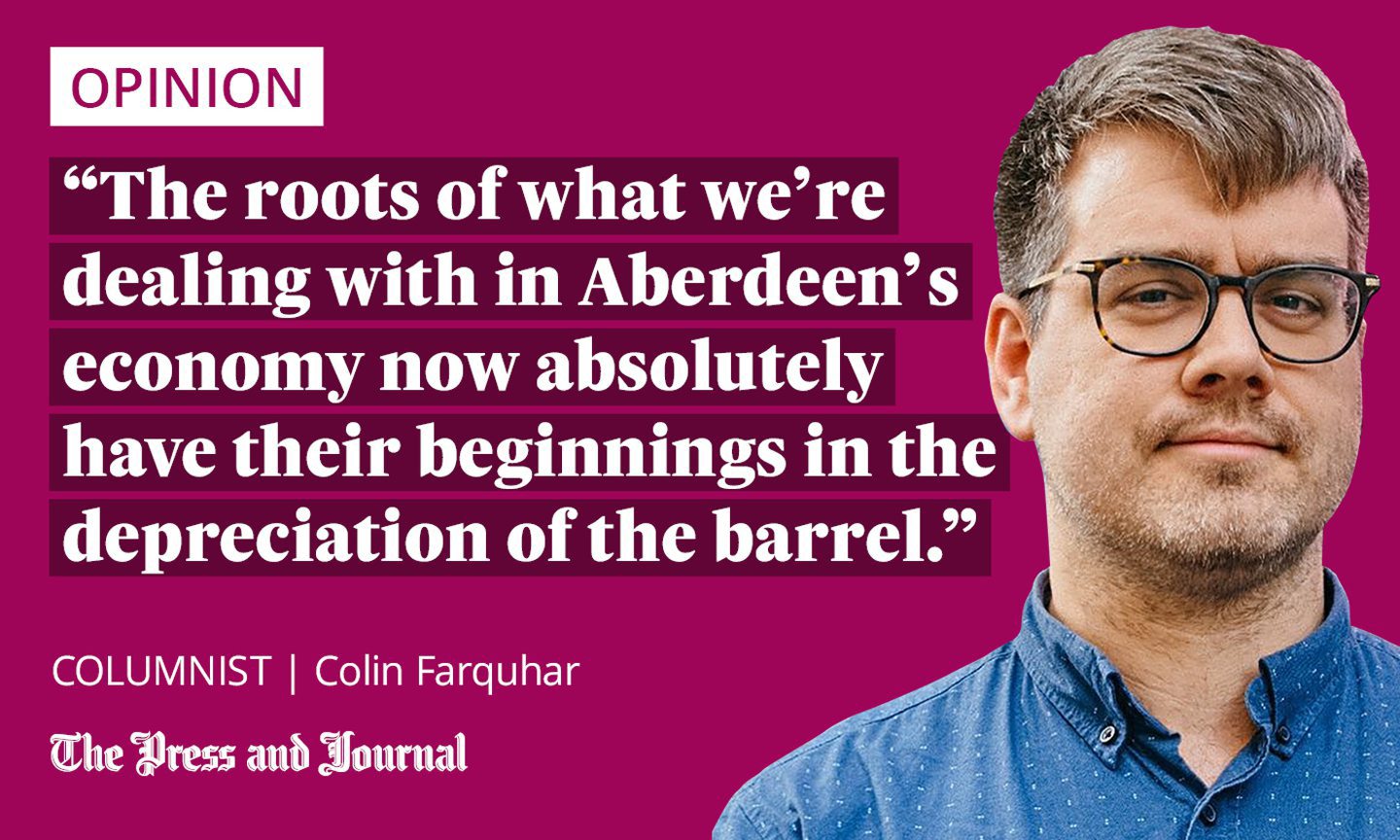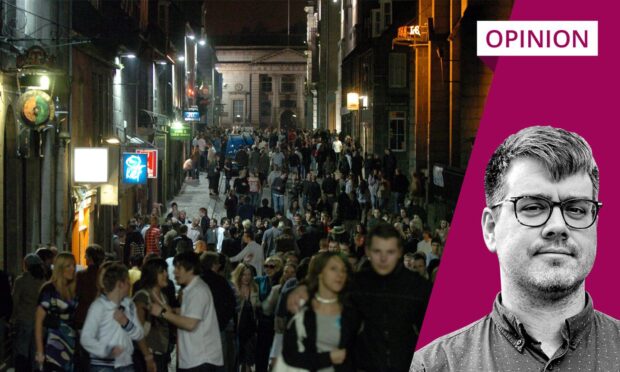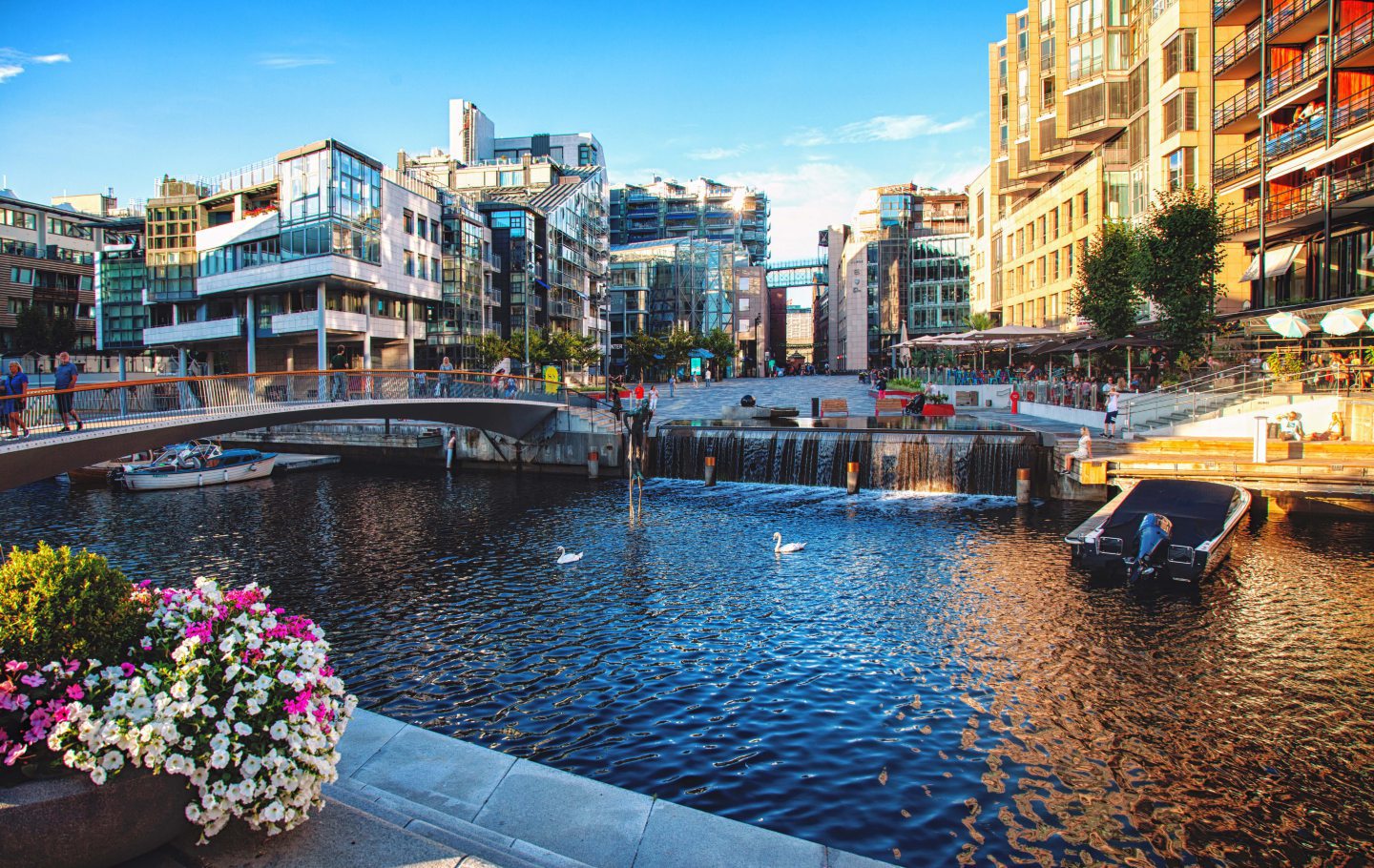Everything is electric in Norway.
Trains. Trams. Teslas at every turn.
Departing from a tourist cruise on the Oslofjord last week, I asked one of the crew if the boat was oh-so-quiet due to being powered by electric engines. The reply: “Of course. This is Norway!”
Almost all of the country’s new car sales are electric vehicles (EVs). The number is already above 80%, and might well be 100% by 2025. EVs will soon overtake petrol and diesel cars as a majority on the roads of Norway. The ambition is for its entire vehicular fleet to be net zero in the near future. Transformational change achieved in short order, through advantageous, progressive taxation.
Such is the legacy of infrastructure investment, powered long ago by the Government Pension Fund of Norway – better known as “Oslo’s oil fund”. Oil and gas from Europe’s biggest producer, birthing electrification across the whole country.
I land back in Aberdeen, “the oil capital of Europe”, and wonder what legacy the oil and gas sector will leave for the Granite City, and what will happen once the circus finally leaves town.
I think everyone in Aberdeen remembers where they were when the price of a barrel dropped in 2014. I had just taken the job as cinema manager at Belmont Filmhouse, where we’d endured a difficult summer after a change in management from the Picturehouses chain to Filmhouse.
Our communications with customers had been cut as we moved companies. Ticket sales had collapsed as a result. It had been a tough year.

In the years immediately prior to this, business had been mostly good. It can be difficult to measure macro effects versus micro, or to decide which category certain problems fall into, but the ship had steadied following the opening of a Cineworld in Union Square in 2009. Income was growing.
The dual issue of having to build what was effectively a new business in 2014 while operating in a city where money was slowly constricting as we moved into 2015 was a gigantic challenge. As jobs left Aberdeen, unfortunately more people had less disposable income. Although the price of a barrel eventually trickled back up, the city still bore the scars of stagnation.
We now sit in 2024, looking back at a complicated decade. House prices have dropped in Aberdeen, and continue to do so since 2020, while Glasgow, Edinburgh and Dundee have seen sharp increases. Many will find this merciful, particularly those of us who remember rent prices pre-2014, but it’s indicative of a changed economic landscape.
My partner and I bought our house in Aberdeen just last year. At that point, house prices had dropped 2.2% since March 2020 in the city. That might represent a bargain if the local circumstance recovers, but who knows what the future might hold? I can only stay positive.
Before 2014, unemployment was at 2% in Aberdeen, a city that has been mostly insulated against the 2008 financial crash. Now, it sits higher than the national Scottish average. It is one of only two cities in the UK to have fewer jobs than in 2010. Such stats are in sharp contrast to what Councillor Barney Crockett told The Guardian in 2014: “Aberdeen is more buoyant now than at any other time since oil was discovered”.
What a to-do. I wonder sometimes if I’m part of the last generation who will recall bustling Belmont and Union Streets; Windmill Braes and Justice Mills. Things can, of course, change, but that often takes more than hard graft or positive thinking. The micro and the macro.
A net-zero renaissance, just like Norway?
It can be hard to keep in mind, but the roots of what we’re dealing with in Aberdeen’s economy now absolutely have their beginnings in the depreciation of the barrel. That’s when the To Let signs started to appear, only to be compounded by a pandemic, a cost-of-living crisis, consumer habits and bloody bus gates, depending on your point of view.
“Change” is a concept that we’ve heard a lot about of late, and certainly some is needed. Hardworking Aberdonians will do what they can on the ground to make the city better off, but perhaps something macro needs to come along, too.
It’s too late to hope for something like an Oslo oil fund for Scotland. The billions have come and gone, for the most part
Aberdeen’s fortunes started to turn right before a certain referendum in September 2014. And here we are, 10 years later, sitting on the verge of another vote – one which may turn the tides of power in the UK for at least five years. What might that represent for us? What additional investment might it unlock?
It’s too late to hope for something like an Oslo oil fund for Scotland. The billions have come and gone, for the most part. But with carbon capture capability, hydrogen production, wind power and a fully realised publicly-owned GB Energy company in the offing, you never know what might be possible.
A net-zero renaissance, just like Norway? A city reinvigorated? A place that can exceed its potential once again.
Colin Farquhar works as a creative spaces manager and film programmer in the north-east culture sector


Conversation